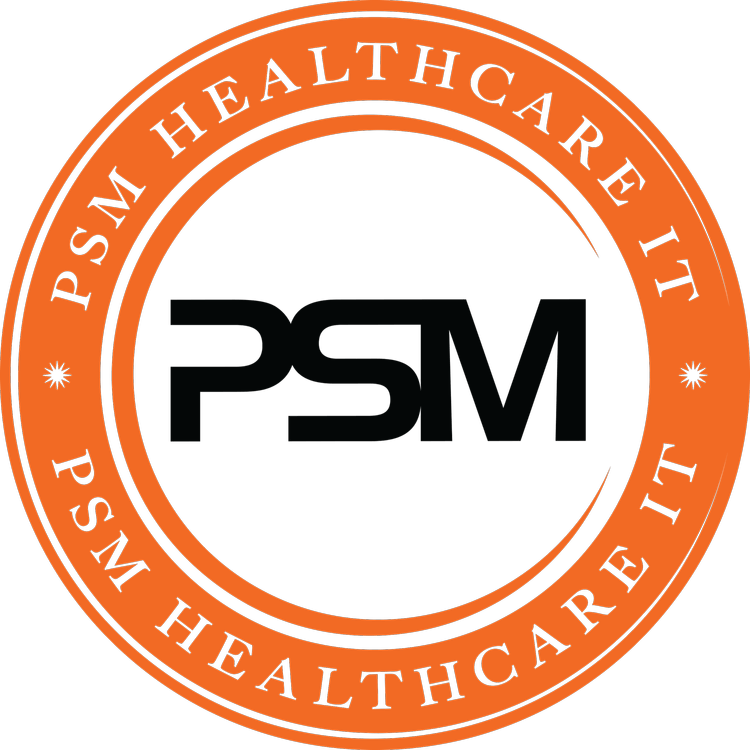-
-
What is multi-factor authentication in healthcare IT security?
-
Why is regular security training important for healthcare staff?
-
How do data encryption protocols protect patient information?
-
Why are continuous vulnerability assessments necessary for healthcare organizations?
-
How can healthcare organizations implement multi-factor authentication effectively?
-
What are the benefits of data encryption for healthcare providers?
-
Healthcare IT security is crucial in today’s digital age. With sensitive patient data at risk in the cyber era, protecting this information from breach is a top priority for healthcare providers. Cyber threats, including data breaches, are on the rise, making it essential to implement strong security measures. Compliance with regulations like HIPAA ensures that patient information remains safe and secure in the cyber era, crucial security measures healthcare organizations system. The right cyber tools can help mitigate risks and enhance overall security posture.
This listicle will highlight key strategies and solutions for effective healthcare IT security. From advanced software to best practices, you’ll discover valuable insights to safeguard your organization. Stay informed and prepared against potential threats. Scroll down for reviews of our top picks to enhance your healthcare IT security today!
Key Takeaways

-
Implement multi-factor authentication to add an extra layer of security for accessing sensitive healthcare information.
-
Schedule regular security training for staff to ensure they are aware of the latest threats and best practices in IT security.
-
Use data encryption protocols to protect patient information during transmission and storage, reducing the risk of data breaches.
-
Invest in robust firewall protection to safeguard your network from unauthorized access and potential attacks.
-
Conduct continuous vulnerability assessments to identify and address potential weaknesses in your IT security system promptly.
1. Multi-factor authentication
Multi-factor authentication (MFA) adds an essential layer of security in healthcare IT systems. It goes beyond simple password protection, requiring users to provide additional verification methods. This significantly reduces the risk of unauthorized access to sensitive healthcare data.
Implementing MFA should be mandatory for all users accessing various systems that contain critical information. This includes not only administrators but also any personnel with extensive access rights. By doing so, organizations can effectively mitigate the chances of data breaches, which have become alarmingly common in the healthcare sector.
Statistics show that many data breaches occur due to weak authentication practices. In fact, a report from IBM indicates that large data breaches can cost organizations millions of dollars. Regularly reviewing and updating MFA methods is crucial to adapt to evolving cybersecurity threats. As hackers develop more sophisticated techniques, healthcare providers must stay ahead by enhancing their cybersecurity measures.
Incorporating MFA into account management processes protects against unauthorized access from external services and malicious actors. It ensures that even if passwords are compromised, additional barriers remain in place.
Healthcare organizations must prioritize MFA as part of their overall strategy to safeguard patient information and maintain trust. By enforcing these protocols, they can significantly reduce vulnerabilities associated with administrative privileges and enhance medical cybersecurity efforts.
2. Regular security training
Regular security training enhances healthcare security by preparing staff for potential cybersecurity incidents. Ongoing education raises awareness about cyber threats and empowers employees to recognize and respond to them effectively.
Training should include simulations of phishing attacks. These exercises provide real-world scenarios that help staff identify suspicious emails or activities. According to a report from the Ponemon Institute, 60% of data breaches occur due to human error. This statistic underscores the need for robust training programs.
Updating training materials frequently is essential. Cybersecurity trends evolve rapidly, and staying informed is vital for maintaining a strong cybersecurity posture. Training should reflect the latest best practices and emerging threats in the healthcare landscape.
Healthcare organizations must also focus on creating a culture of safety. Encouraging open communication about security issues fosters an environment where employees feel comfortable reporting potential vulnerabilities. This proactive approach can significantly reduce the likelihood of significant cybersecurity breaches.
Involving cybersecurity experts during training sessions can enhance the learning experience. Their expertise provides valuable insights into current cybersecurity risks and effective mitigation strategies.
Regular security training is not just a checkbox item; it is a crucial component of a comprehensive security strategy. It helps healthcare organizations build resilience against cyber incidents while strengthening their overall preparedness against evolving cybersecurity threats.
3. Data encryption protocols
Data encryption protocols serve as a critical line of defense in healthcare IT security. These protocols protect sensitive patient data both in transit and at rest. Strong encryption techniques ensure that unauthorized users cannot access private information, reducing the risk of information theft.
Compliance with regulations like HIPAA is essential. Implementing robust encryption measures helps healthcare organizations meet these standards. Failure to comply can result in devastating data breaches, leading to significant financial and reputational damage.
Regular assessments of encryption standards are necessary to counteract emerging vulnerabilities. Cybersecurity trends indicate that threats evolve quickly, making it vital for service providers to stay ahead. Updating encryption protocols protects networks from potential attacks.
Key benefits of using data encryption protocols include:
-
Enhanced data protection against cyber threats
-
Improved compliance with legal regulations
-
Increased trust among patients regarding their privacy
Examples of effective encryption technologies include Advanced Encryption Standard (AES) and Transport Layer Security (TLS). These solutions encrypt data during transmission and storage, ensuring it remains secure.
Healthcare cybersecurity solutions must prioritize continuous improvement. Regular training for staff on these protocols also plays a crucial role in maintaining security.
4. Robust firewall protection
Robust firewall protection serves as a critical component of a comprehensive protection strategy in healthcare IT security. Firewalls effectively monitor and control incoming and outgoing network traffic. This capability is essential for maintaining network security and safeguarding sensitive patient data.
Firewalls must be configured to block unauthorized access while allowing legitimate communication within healthcare systems. This dual functionality prevents damaging cyberattacks, such as ransomware attacks and malware infiltration. According to the Cybersecurity & Infrastructure Security Agency (CISA), 85% of healthcare organizations have experienced at least one cyberattack in the past year, highlighting the urgent need for adequate healthcare cybersecurity solutions.
Regular updates to firewall rules and settings are essential. Threats evolve rapidly, and outdated defenses can leave systems vulnerable. For instance, a catastrophic cyberattack can lead to significant financial losses, with costs averaging over $1 million per incident in the healthcare sector.
Investing in advanced firewalls strengthens the overall robust cybersecurity infrastructure. It enhances the defense against costly cyberattacks by ensuring that only authorized users gain access to sensitive information. Furthermore, effective firewalls support backup protocols, allowing for quick recovery from potential breaches.
Healthcare organizations must prioritize robust firewall protection to maintain data integrity and patient trust. Failure to implement these measures can expose them to severe risks associated with insufficient cybersecurity systems.
5. Continuous vulnerability assessments
Continuous vulnerability assessments play a crucial role in identifying and addressing potential weaknesses within healthcare IT systems. Regularly scheduled assessments help healthcare institutions stay ahead of threats and breaches that could disrupt critical systems.
Automated tools streamline the assessment process. These tools ensure comprehensive coverage of vulnerabilities, making it easier to monitor for cybersecurity risks. By leveraging technology, organizations can efficiently identify exposures that may otherwise go unnoticed.
Prioritizing remediation efforts is essential. Not all vulnerabilities pose the same level of risk. By focusing on the most severe vulnerabilities first, healthcare institutions can significantly enhance their overall security posture. This targeted approach allows for better resource allocation and helps close the significant cybersecurity maturity gap many organizations face.
A robust business continuity plan is vital in this context. It ensures that even when vulnerabilities are identified, there are strategies in place to mitigate disruptions. Integration of continuous monitoring into governance practices strengthens the organization’s ability to respond to intrusions effectively.
Healthcare institutions must navigate various challenges related to cybersecurity. Understanding these risks and implementing a comprehensive approach to vulnerability management is essential for protecting sensitive data and maintaining patient trust.
Closing Thoughts
Your healthcare IT security is crucial. By implementing multi-factor authentication, regular training, data encryption, firewall protection, and continuous assessments, you strengthen your defenses against threats. These practices not only protect sensitive information but also build trust with patients and stakeholders.
Take action now. Evaluate your current security measures and prioritize these strategies. The safety of your data depends on it. Don’t wait for a breach to occur; be proactive. Invest in your security today to ensure a safer tomorrow for everyone involved in healthcare.
Frequently Asked Questions
What is multi-factor authentication in healthcare IT security?
Multi-factor authentication (MFA) adds an extra layer of security by requiring multiple forms of verification. This reduces the risk of unauthorized access to sensitive healthcare data.
Why is regular security training important for healthcare staff?
Regular security training keeps healthcare staff informed about the latest threats and best practices. This proactive approach helps prevent data breaches and enhances overall security awareness.
How do data encryption protocols protect patient information?
Data encryption protocols convert sensitive information into unreadable code, ensuring that only authorized users can access it. This protects patient data during transmission and storage.
What role do firewalls play in healthcare IT security?
Firewalls act as a barrier between trusted internal networks and untrusted external networks. They monitor and control incoming and outgoing traffic, safeguarding healthcare systems from cyber threats.
Why are continuous vulnerability assessments necessary for healthcare organizations?
Continuous vulnerability assessments identify potential weaknesses in IT systems. Regular evaluations help organizations address vulnerabilities promptly, minimizing the risk of data breaches and enhancing overall cybersecurity.
How can healthcare organizations implement multi-factor authentication effectively?
To implement MFA, healthcare organizations should choose reliable authentication methods, such as SMS codes or biometric scans. Training staff on its importance ensures compliance and enhances security.
What are the benefits of data encryption for healthcare providers in addressing cybersecurity challenges, issues, vulnerabilities, and preventing security breaches?
Data encryption safeguards patient confidentiality and complies with regulations like HIPAA. It builds trust with patients while protecting sensitive information from unauthorized access.





